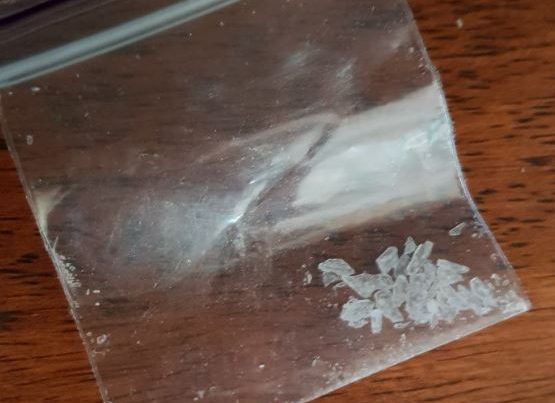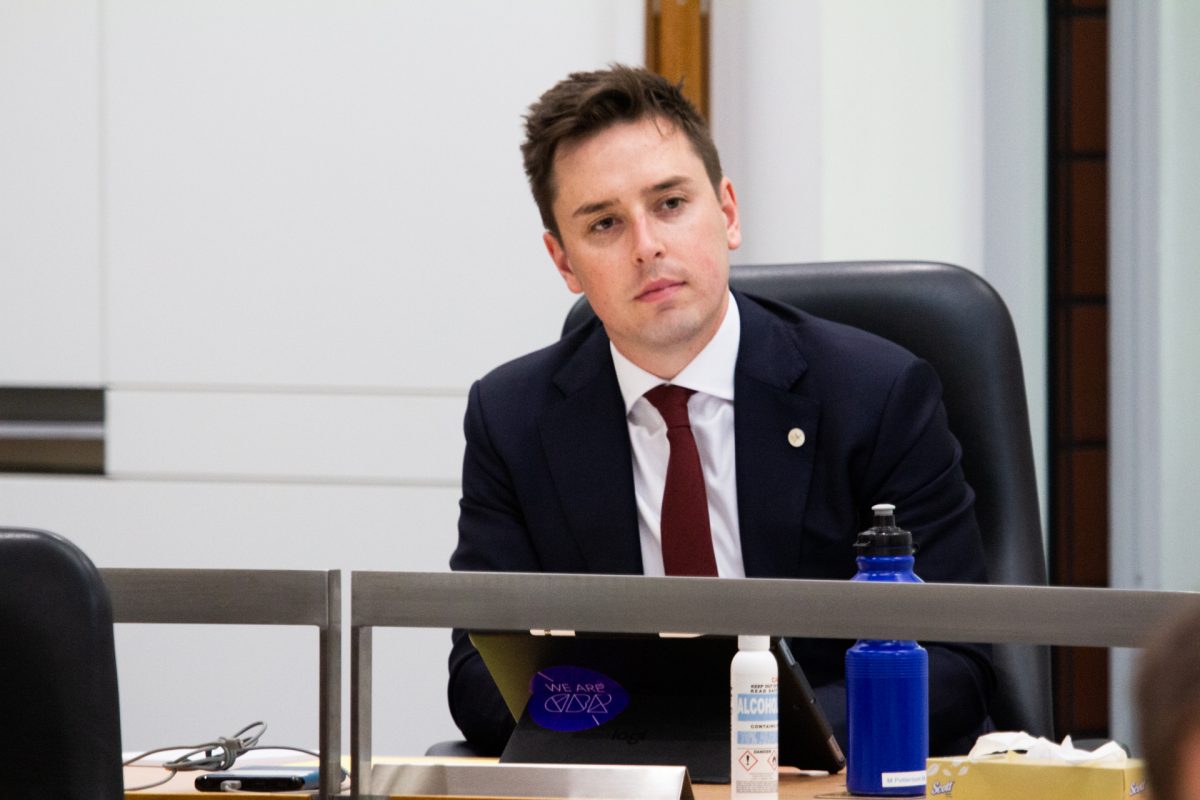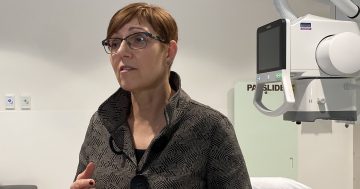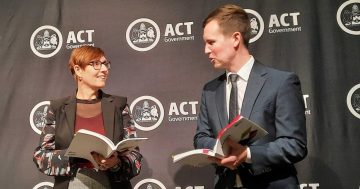
A bill to decriminalise small amounts of drugs like cocaine, ice, heroin and MDMA has been amended by the government. Photo: ACT Policing.
The decriminalisation of small amounts of illicit drugs, including cocaine, heroin and MDMA, has taken another step forward, with the government lending its support to the proposal.
Minister for Health Rachel Stephen-Smith today tabled the government’s response to the controversial bill put forward by Labor backbencher Michael Pettersson in late 2020.
She also confirmed the government would make some amendments.
Under the proposed bill, people caught with drugs under a certain threshold (2 grams for most substances including cocaine, heroin and ice, 0.5 grams for MDMA and 0.002 grams for LSD) would be issued a fine of $100 or diverted to a medical or education service rather than receiving a criminal conviction.
It has already attracted concern from police, with Australian Federal Police Commissioner Reece Kershaw saying last year the change could make the Territory a target for organised crime.
Similarly, ACT Policing has argued drug limits proposed in Mr Pettersson’s bill were too high and could inadvertently lead to a rise in drug trafficking.

Labor backbencher Michael Pettersson introduced the bill that legalised small amounts of cannabis in the ACT. Photo: Region Media.
Today, Ms Stephen-Smith said the bill had prompted a conversation about the “logical next step in harm minimisation”.
She told the ACT Legislative Assembly it recognised that drug use is fundamentally a health issue, which has long been the ACT Government’s position.
She said the government would propose amendments, including removing methadone from the list of substances that would be decriminalised.
It would also amend the bill so that a person caught with illicit drugs would be able to attend a health-based diversion program instead of paying a fine.
The government further proposed reviewing the bill three years after its implementation to ensure it did not have any unintended consequences, and included a 12-month implementation period.
Ms Stephen-Smith said the latter would allow for police training, communication and messaging of the changes and a review of administration arrangements.
“The amended Bill will continue our journey to genuinely treat drug use as a public health matter rather than through the criminal justice system,” Ms Stephen-Smith told the Assembly.
“My hope is that this will help to reduce the stigma experienced by people who use illicit drugs, encouraging more people to come forward to receive support.”
The bill will likely be brought forward to the Assembly for debate later this year.
Mr Pettersson welcomed the government’s response to his proposal.
“The response today vindicates what drug law experts have been saying for many years. All governments must look to a more sensible and measured approach to addressing drug use in the community,” he said.
“As a community, we need to encourage people who use drugs to seek the medical help they need. I want to see people getting help from doctors, not being put in handcuffs.”
The ACT Greens supported the drug decriminalisation bill.
Opposition spokesperson for police and emergency services Jeremy Hanson spoke strongly against the proposed bill.
“The Canberra Liberals stand with our police,” he said.
“It’s going to create a whole bunch of bad outcomes … you’re going to see more drug users.”
Ms Stephen-Smith accused Mr Hanson of running “a scare campaign”.
A pill-testing trial is also expected to begin in the ACT later this month.
Original Article published by Lottie Twyford on Riotact.






